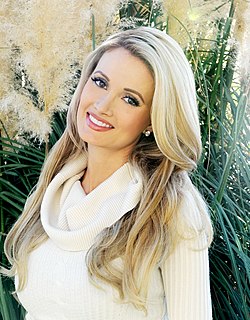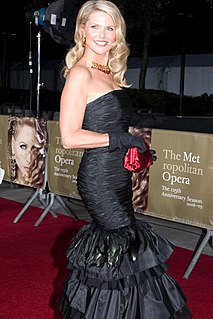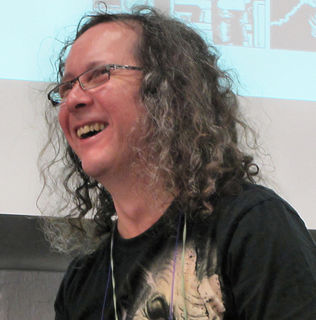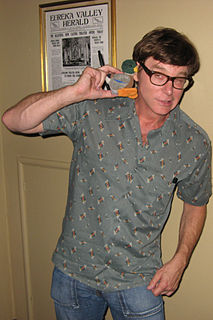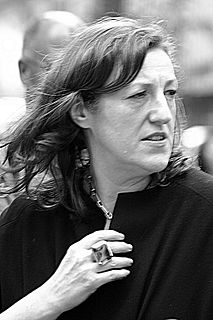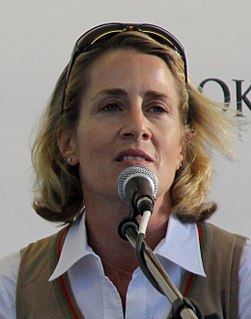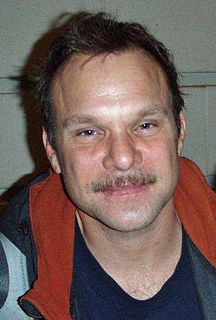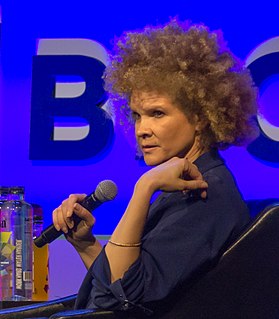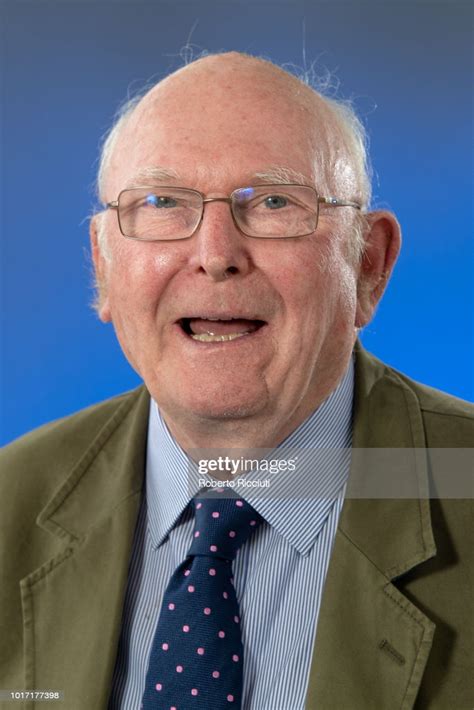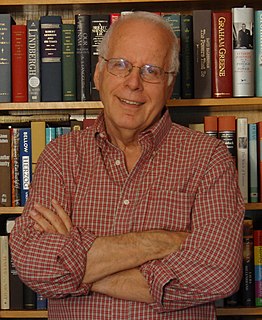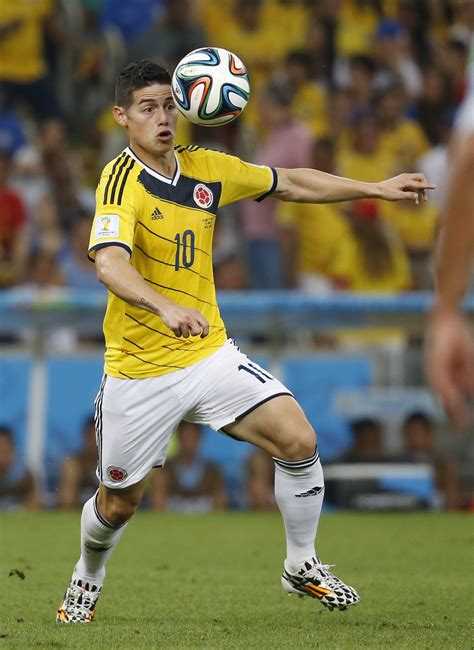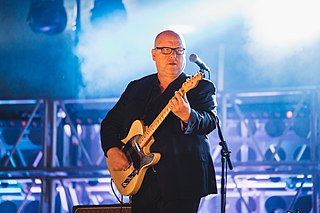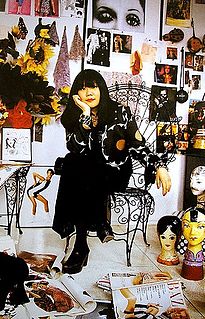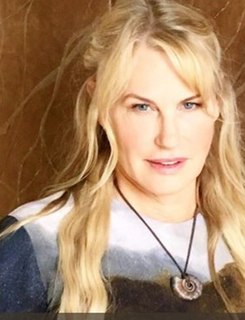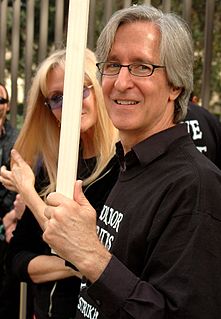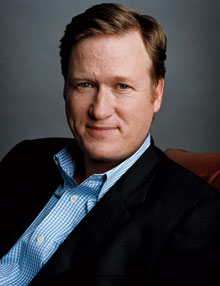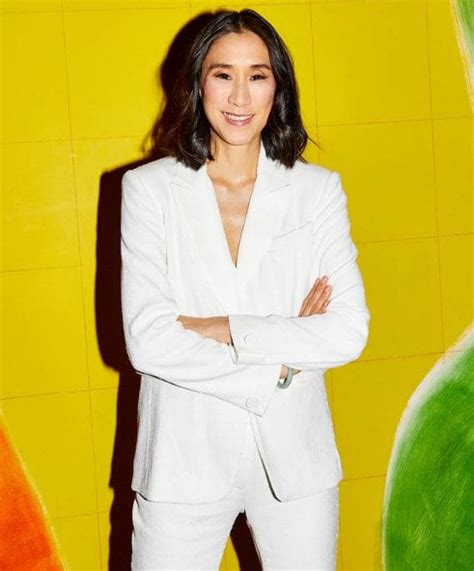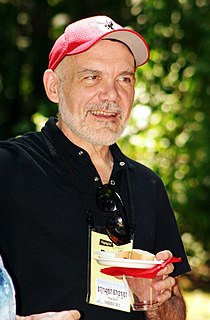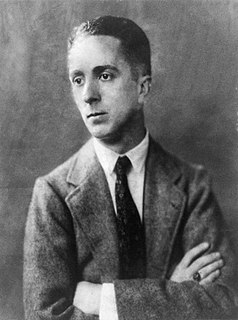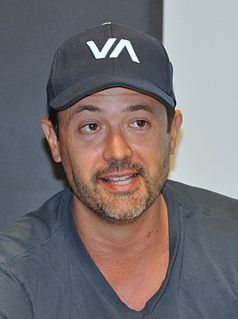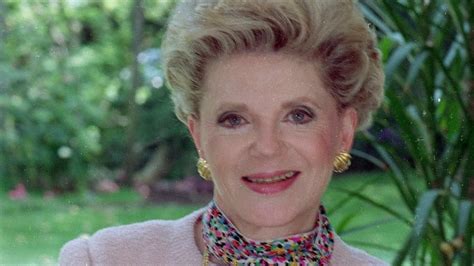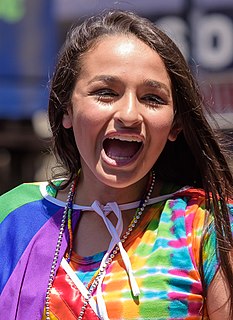Top 976 Editor Quotes & Sayings - Page 13
Explore popular Editor quotes.
Last updated on December 4, 2024.
I was the Playmate editor for 'Playboy' for two years. I produced two years' worth of centerfolds. I did everything on that, from picking the girls to designing the sets to picking the wardrobe, coming up with themes, assigning the photographer, down to editing the photos and approving the retouching.
I remember my first 'Sports Illustrated' shoot was with the photographer Walter Iooss, and Julie Campbell was the editor, and we were at the president of Mexico's private house in Cancun - this was before anything else that's now in Cancun even existed. And they told me to get a tan, so I spent all morning in the sun, and I was burnt.
The editor needs to put his own life on hold for the better of the magazine, the crew, and the readers. And to have a bigger vision of the magazine's style and an understanding that every [issue] should be well-balanced and hopefully surprising. To have a pink wall with a door of perception where he can bang his head on.
There are days when you might enjoy being an editor a little less, due to one crisis or another. It is absolutely vital, to me, in a period of technological evolution and sometimes financial stress that I and my colleagues not only put out a fantastic magazine and Web site and all the rest, but also that we are smart enough about what we are doing.
My father was the editor of an agricultural magazine called 'The Southern Planter.' He didn't think of himself as a writer. He was a scientist, an agronomist, but I thought of him as a writer because I'd seen him working at his desk. I just assumed that I was going to do that, that I was going to be a writer.
When I look at what I'm doing today, I see [the] roots in my college life. I was the online editor of my college paper and an active member of the Harvard Computer Society. I abandoned a summer internship at the Washington Post due to injury and instead did theatre. I found my comedic voice through satirical newsletters in college.
When it is my editor telling me how to rewrite a story, I listen and do what she asks because I have learned that I get a better book in the end. I can't say I'm happy when I read that editorial letter. It is always a little painful and scary. But I have learned that - bit by bit - I can make the changes and do the work.
Back in my days as a children's book editor, my superiors caught on to the fact that teenagers were using the Internet to gossip about each other, and thought it might be nifty to develop a series of books about an anonymous high-school blogger who gossips about her classmates. The concept was passed on to me.
MAD FREE is simply described as "Liberating Conversations with Revolutionary Women about Beauty, Image and Power". It began as a Salon series in NY loft in Brooklyn as a salve to my broken heart after Honey Magazine folded. It was not because of the readership or because the market wasn't there; the company that held it collapsed, which I was the last editor in chief of.
For those of you who still believe in the Easter Bunny and that the letters that appear in your local newspaper come from concerned citizens who really care, I've got troubling news. At least in politics, most of the letters that get published on the letters-to-the-editor page originate in the campaign headquarters of the candidates.
Forrest Mims is the author of the famous book 'Getting Started in Electronics,' published by RadioShack for many years. I bought the book in the 1980s and had a blast making the projects in it. When I was editor-in-chief of 'MAKE,' I asked Forrest to write a column for the magazine, called 'The Backyard Scientist.'
I'd gotten myself into a kind of journalism that wasn't really compatible with rearing an infant. I'd been a foreign correspondent for a long time and had this subspecialty in covering catastrophes. It had spoiled me a little because you have a tremendous amount of autonomy, and I couldn't really see being an editor in an office.
Not long after I was married, World War II began. My husband John volunteered for the Navy and was sent to Pensacola for training as a Naval Combat Air Crew photographer. It seemed a strange assignment for a young newspaper editor and writer, already exempt, but off he went, saying goodbye to our 18-month-old Johnny and me.
I was the Playmate editor for Playboy for two years. I produced two years' worth of centerfolds. I did everything on that, from picking the girls to designing the sets to picking the wardrobe, coming up with themes, assigning the photographer, down to editing the photos and approving the retouching.
Part of the process of reading is constantly hitting the pause button, and now and then the rewind button, to ponder a word that's been chosen by the author as exquisitely as the filmmaker chooses an image or a sound editor chooses a sonic clue - the tolling of a bell in the distance to evoke memory, for instance.
I hadn't ever worked with an 'editor' until I was 26 - although that could be partly chalked up to the MFA vs. NYC thing, where I came up through institutions that encouraged writers to write privately for a long, long time and not sully themselves with concerns about audience or the business side of writing.
I always swore I would never write a book. But I read Clare Balding's and it was really interesting and so prettily written and lovely and not too revealing. I went to her book launch and met her editor who said 'why don't you think about it? You can do it however you want, based on your characters or you.'
I thought 'UnSouled' would come in at around 400 pages, but it took 650 pages, and even then I felt like I was rushing the conclusion, so I asked my editor and publisher if I could divide it again. So a sequel became a trilogy, and the trilogy became a tetralogy - although we're not calling it that.
The red library is Sui's tribute to fashion maven Diana Vreeland, who served as editor for Harper's Bazaar (1939-1962) and Vogue (1963-1961). My most precious collection is my bound Vogue magazines, .. and they're kind of like my Bible. I look at them all the time when I'm trying to inspire myself for a collection.
In the summer of 1963, my second with 'Sports Illustrated,' Jerry Tax, the basketball editor, got the Celtics' Frank Ramsey, the NBA's first famous sixth man, to do a piece for the magazine revealing some of the devious little tricks of his trade. Things like surreptitiously holding an opponent's shorts - nickel-and-dime stuff.
Just being able to get paid to do something you love is a wonderful thing. That said, a writer's daily routine, unless you're Dominick Dunne, isn't exactly glamorous. Much of it amounts to drudgery, staring at a computer screen all day in a room by yourself, juggling nouns and verbs to make a demanding editor happy.
Cory Doctorow should be too busy for lunch. He's co-editor of, and a prolific contributor to, one of the most influential blogs in the world, Boing Boing. Over the past decade the Canadian-born writer has published 16 books, mostly science fiction novels. He campaigns vigorously on the politics of the digital age.
I used to sit in the studio with a copy of the (Saturday Evening) Post laid across my knees ... And then I'd conjure up a picture of myself as a famous illustrator and gloat over it, putting myself in various happy situations, surrounded by admiring females, deferred to by office flunkies at the magazines, wined and dined by the editor.
People think you get one idea for a cartoon every week, and that's not the way it works. You usually get 10 or 15, and you're - certainly when I was a cartoonist, before I was a cartoon editor, you're rushing to do what is called the batch. When I was doing that, I liked to have, in general, about 10 cartoons.
Thomas, my 15-year-old, is effectively my editor, I've always trusted his voice, more than anybody, on the strip for years. He has one of those ears that's just tuned to the rhythm of humor, so if he says something's not funny, my stomach just hurts because I know he's right, and it's already been drawn.
